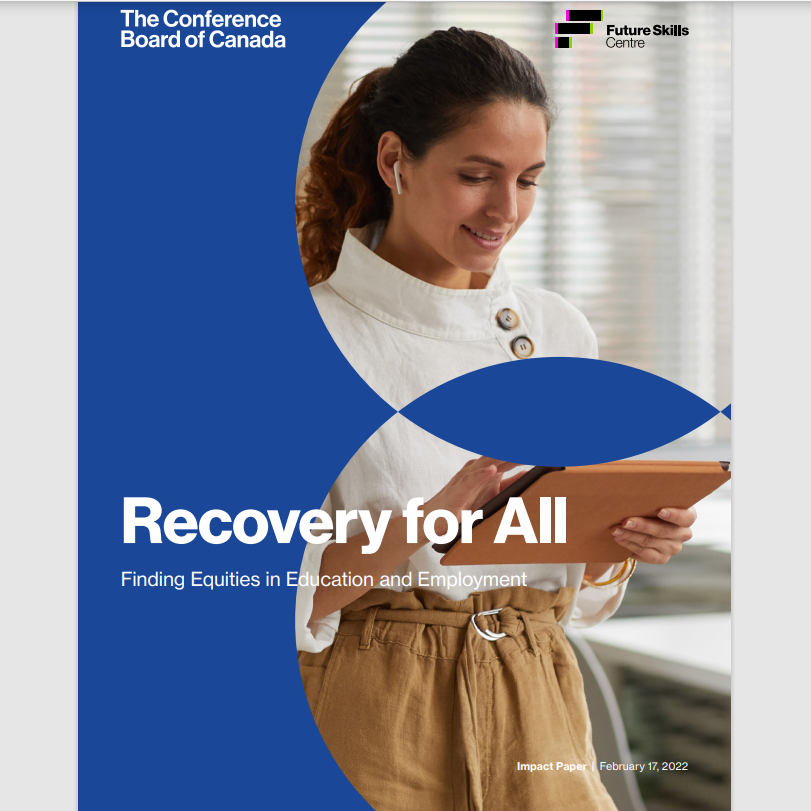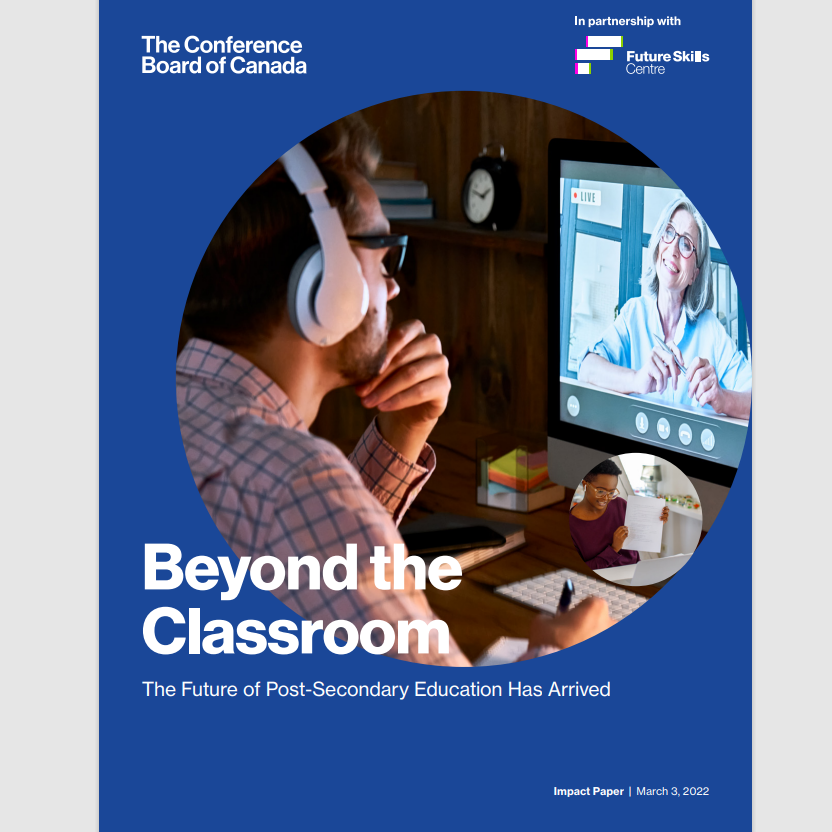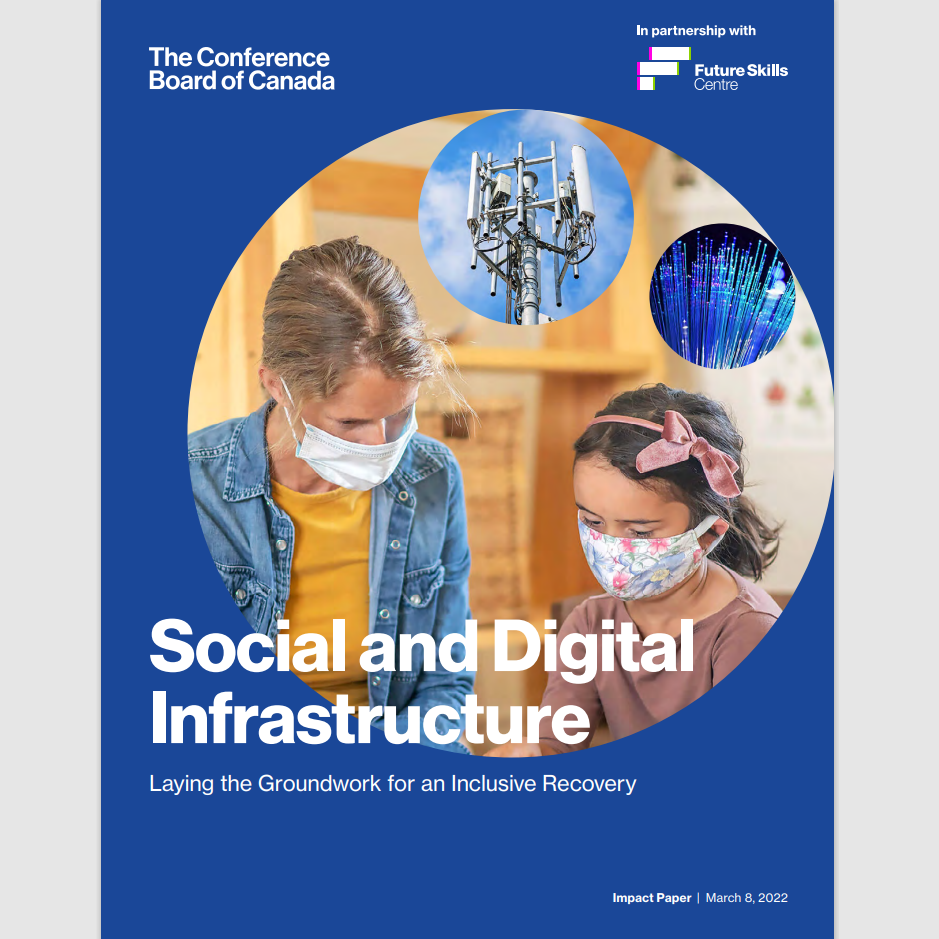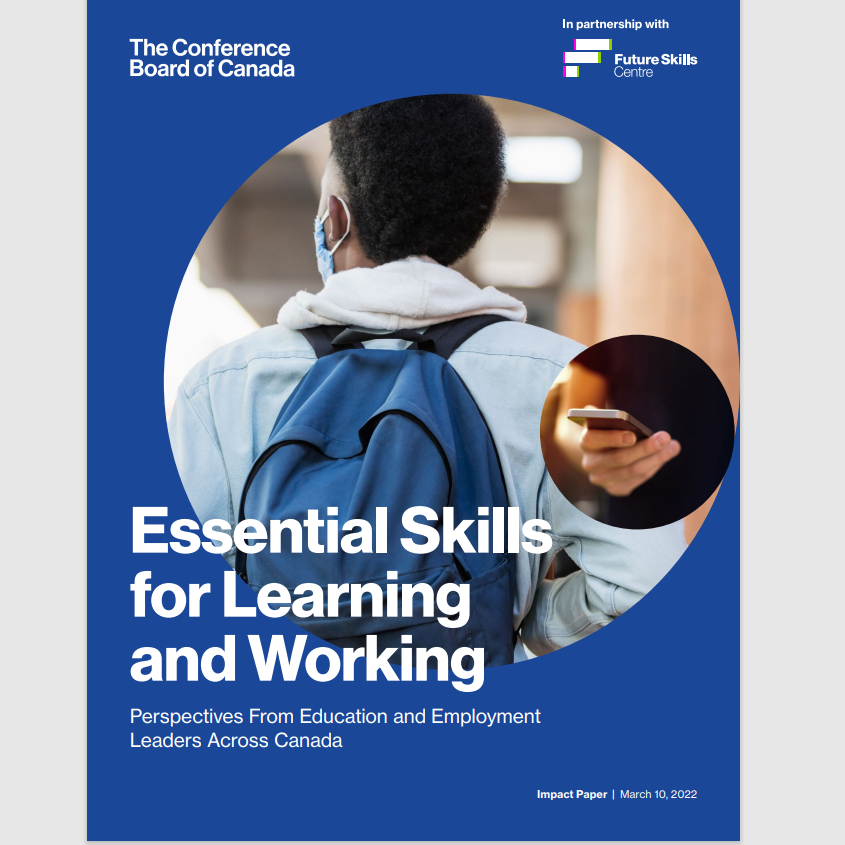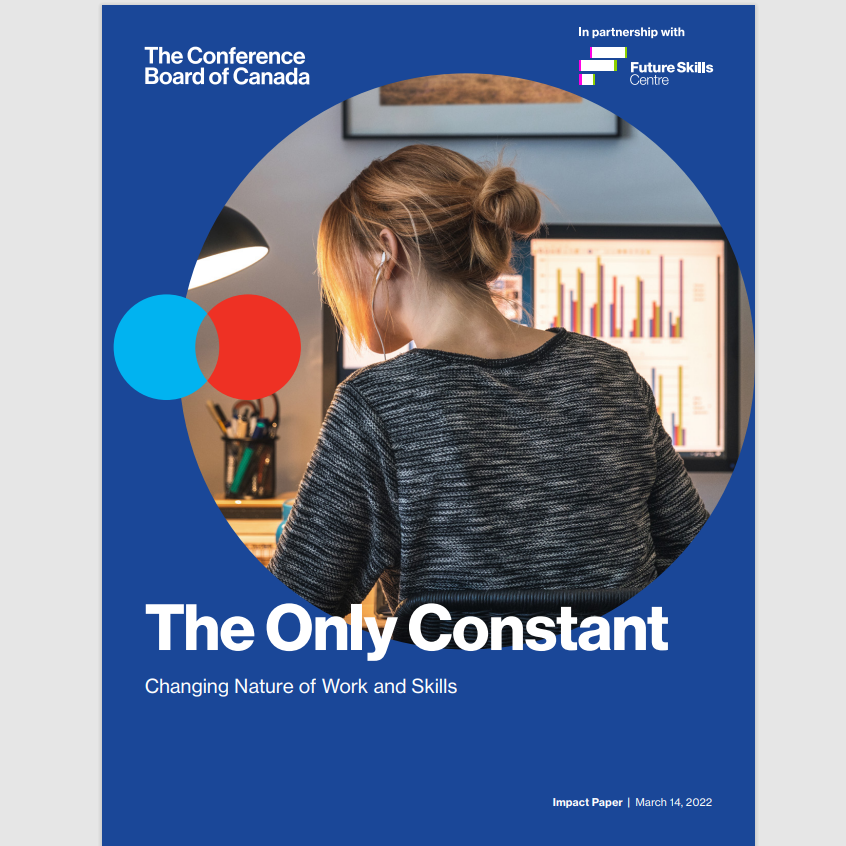Regional Sounding Tours
What do Canadians think about the future of work and skills?
In collaboration with The Conference Board of Canada, FSC held two Regional Sounding Tours (RSTs). These consultation meetings taking place in every province and territory connect Canadians who are actively engaged in the country’s skills and training community, as well as individuals interested in learning more about skills development and the future of work. We talked with Canadians who are actively engaged in the country’s skills and training community, as well as individuals interested in learning more about skills development and the future of work.
Facilitating group discussions through the RSTs offers an opportunity to engage in a conversation with FSC on your experiences of what works—and what doesn’t—when it comes to skills development. Your feedback allows us to tailor our work to meet the needs of local communities today and in the future.
We wanted to know:
- How are economies, jobs, education, and training changing across Canada?
- How can we support pandemic recovery?
- How has the COVID-19 pandemic impacted local labour markets, economies, and society?
- What do Canadians think will be necessary to train a future generation of students and workers?
We wanted to know what does—and doesn’t—work for skills development, and how skills and training play a role in leaders’ strategic priorities. The first round pf RSTs were held in-person between October 2019 and October 2020.
The Virtual Regional Sounding Tour (VRST) focused on how the country has been impacted by COVID-19, and how the Future Skills Centre can help on the road to recovery. The VRSTs were held virtually between December 2020 and March 2021.
What Did We Learn?
Five key themes emerged from the consultation with Canadians during the Regional sounding Tours, including:
